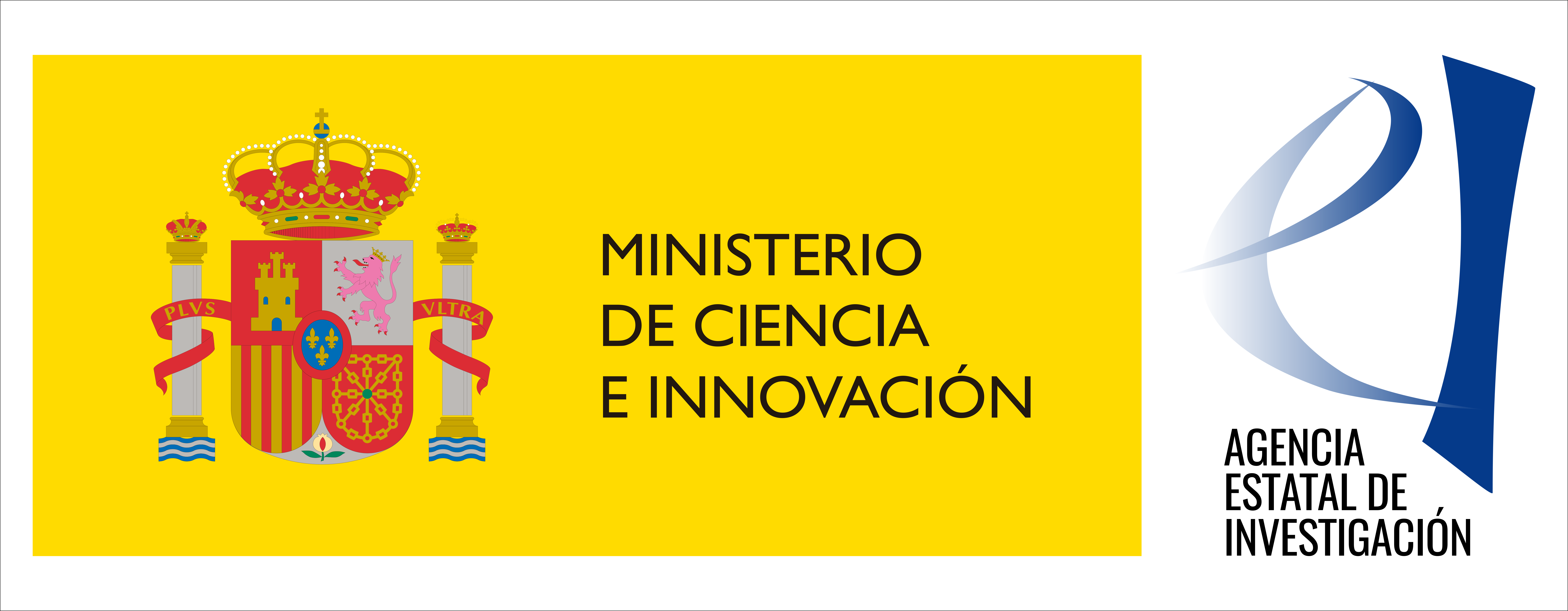Encuentro LAS RELACIONES UE-CELAC: CREAR CERTIDUMBRE ANTE LOS DESAFÍOS GLOBALES COMUNES. 21 y 22 de noviembre de 2024. Real Monasterio de Santa María de Guadalupe (España)
In a world that is constantly changing and where global challenges for humanity are increasing, Europe, Latin America, and the Caribbean —States from both regions— must seize the opportunity provided by their shared relations, cultural, historical, and social legacy, as well as the existing dialogue platforms that unite them, to join forces and respond together to the major global challenges threatening our territories. Only together will we be able to find feasible solutions that we can share, and to create mechanisms of cooperation and joint work, such as the Global Gateway initiative, which will enable us to optimise our resources and provide our territories with powerful tools to improve the lives of our citizens. This will allow us to tackle the major global challenges while minimising their impact and creating environments of security and certainty that contribute to ensuring progress, stability, democracy, and the rule of law. A clear example is the development of the EU’s “Strategic Autonomy”, initiated during the Covid-19 pandemic, as a priority that requires cooperation with reliable international partners, where Latin America and the Caribbean can and do play an essential role. At the same time, it is necessary to advance cooperation agreements that reinforce the geopolitical interests of both regions, such as the EU-Mercosur Association Agreement.
Despite the existing differences and divergent geopolitical views between the two regions, it is imperative to find solutions to the global issues that affect us all and that contribute to the already established work agenda for 2023 to 2025, while also considering recent developments and, above all, the future of these relations. These will undoubtedly be further strengthened at the upcoming Ibero-American Summit, taking place in November in Cuenca (Ecuador), and the CELAC-EU Summit, scheduled for 2025 in Bogotá (Colombia), where new priorities will be set. Among these, the climate crisis, war, or wars, the fight against organised crime, and the management of migration are expected to be key topics on the table. It is essential to analyse recent events, as well as those that will unfold in the coming months, and engage in debate to ensure the proper implementation of the established guidelines, and to identify priority areas for action that need to be developed. This will allow us to define concrete goals, actions, and effective action plans based on facts.
The governments of both regions, their foreign ministries and diplomatic corps, as well as European institutions, and civil society, are obliged to work intensely to create contexts of certainty in an increasingly turbulent and uncertain world. It is therefore necessary to analyse and monitor, based on the aforementioned points, and contribute through reflection, the debate, and knowledge-sharing, while looking ahead to assess the viability of current programmes and agendas, as well as the new challenges that have emerged in recent months. This should be done with the involvement of key stakeholders, including those from civil society working on these issues on the ground, as well as experts from the economic, academic, diplomatic, and political spheres.
The meeting will focus on three main pillars, spread over a day and a half. Each section will feature keynote speeches followed by spaces for debate, reflection, and exchange of views.
The event will be available to follow online via Yuste Foundation’s YouTube channel.

 PROGRAMME
PROGRAMME








